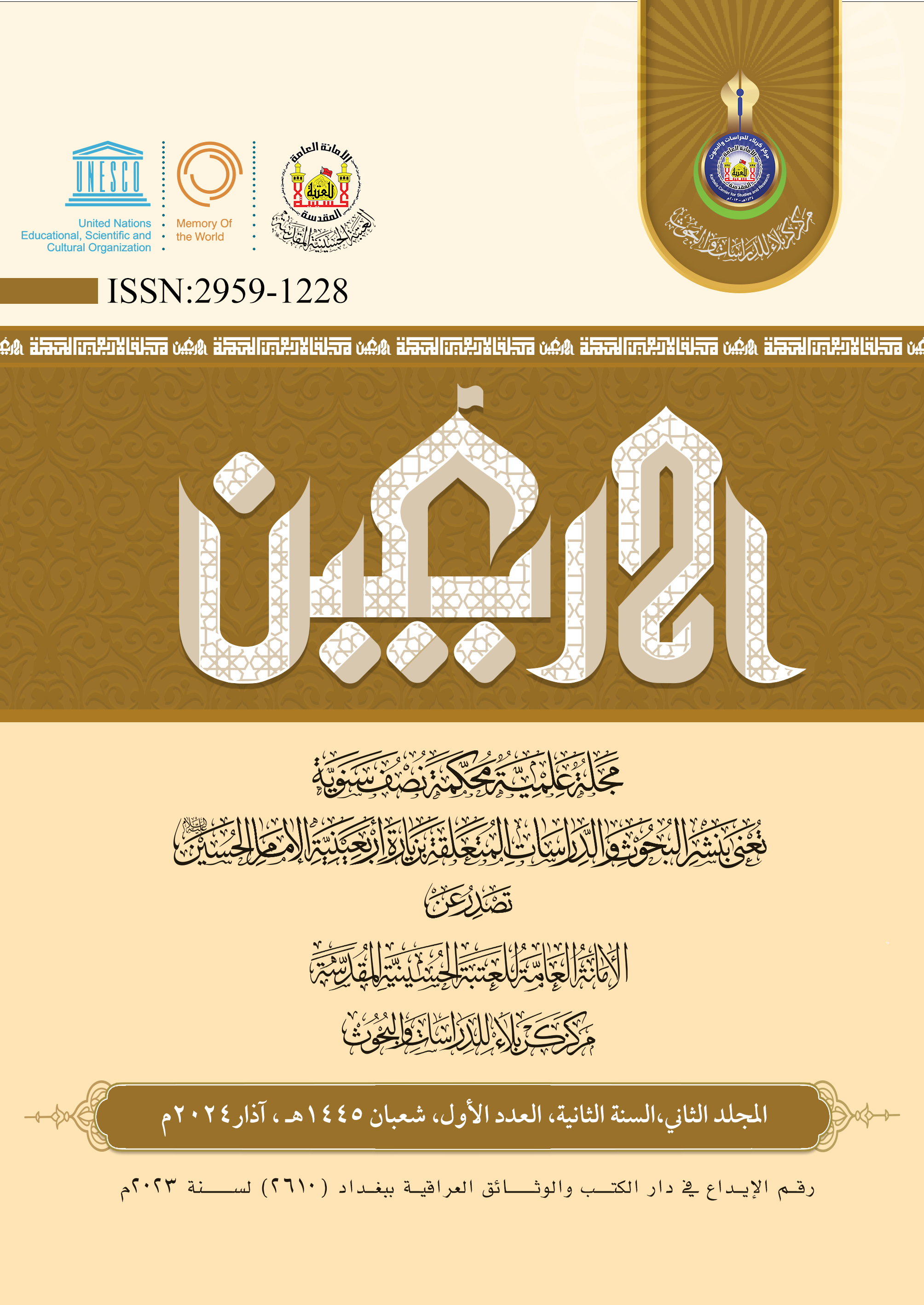Abstract
This passage discusses the relatively modern concept of soft
power in international politics, emphasizing the significance of
non-military tools in achieving foreign policy goals. Joseph S. Nye
coined the term “soft power,” defining it as a nation’s ability to
influence other nations and guide their public choices through the
attractiveness of its social system, culture, values, and institutions,
rather than through coercion or threats.
Soft power for any country relies heavily on three main sources:
General culture and whether it is attractive or repelling to others.
Political values and the seriousness of commitment to them,
whether domestically or internationally, in peace or war.
The adopted foreign policy and the degree of its legitimacy and
voluntary acceptance by the world’s countries and peoples.
It highlights that power has another dimension beyond military
and economic might, known as soft power. This form of power
can be more effective, influential, cost-effective, and closer to the
recipient, using inherent persuasive or attractive abilities to swayothers’ opinions and inclinations towards what it desires. When
effectively utilizing this non-material power, presenting it in the
best possible light, it becomes effective and influential enough to
alter others’ beliefs, adjust their preferences, and achieve more
than what hard tools can accomplish.
Regarding Iraq, the Zeyart AL-Arbaeen represents the most
impactful form of soft power if employed correctly. The Arbaeen
pilgrimage, with its human, social, and economic dimensions,
represents a global humanitarian aspect by attracting individuals
of various nationalities and ethnicities from around the world.
This phenomenon serves in propagating noble human values,
exemplified through this pilgrimage. It elucidates the values of
self-sacrifice and martyrdom for the sake of the truth, which are
among the highest values of sacrifice. Furthermore, it promotes
social cohesion and collaboration among all for the success of this
global visit.
Proper and effective utilization of this pilgrimage’s societal,
psychological, and moral dimensions on the visiting individuals,
who carry this positive and distinguished image of the pilgrimage,
extending its impact to other societies, constitutes an Iraqi soft
power. This power contributes to enhancing Iraq’s position and
status among nations globally and enables it to play an active and
influential role regionally and internationally.

